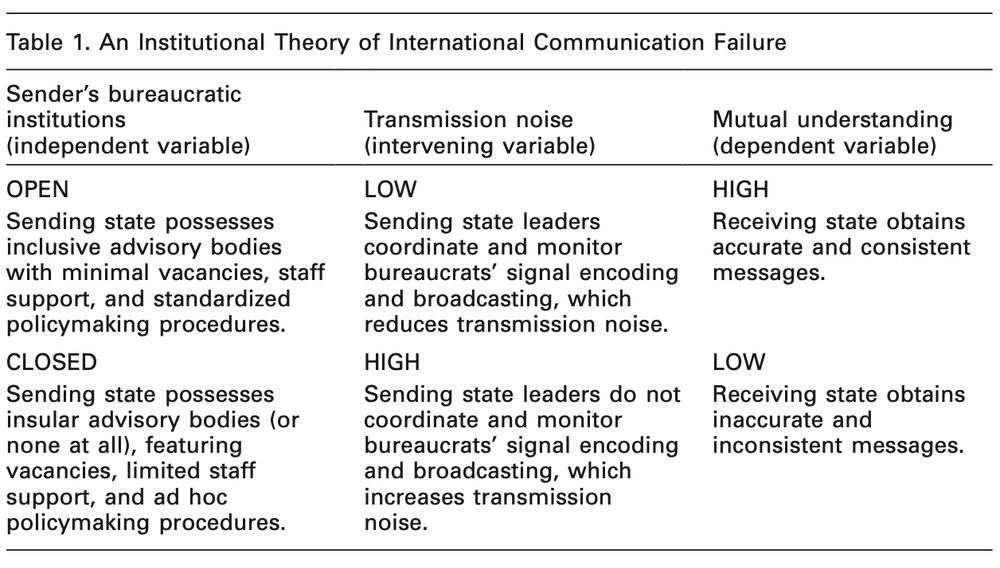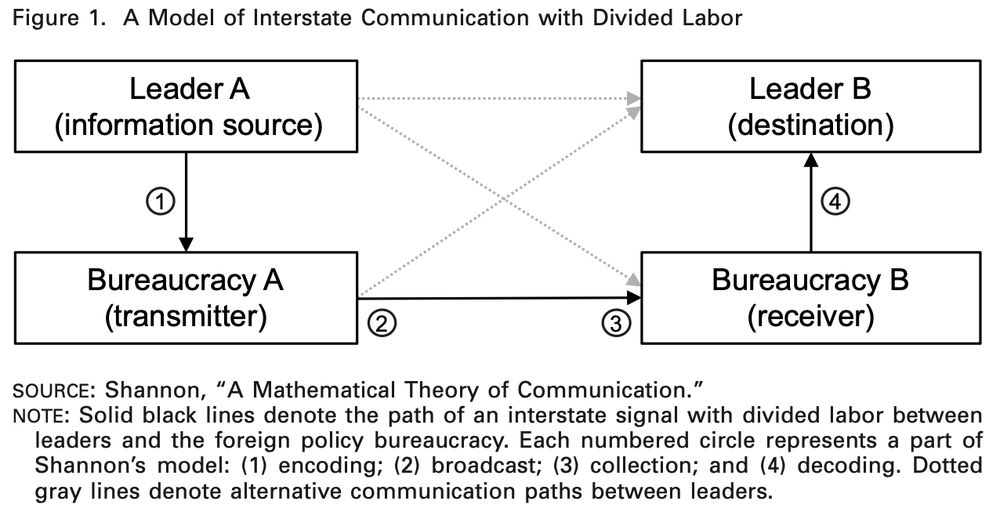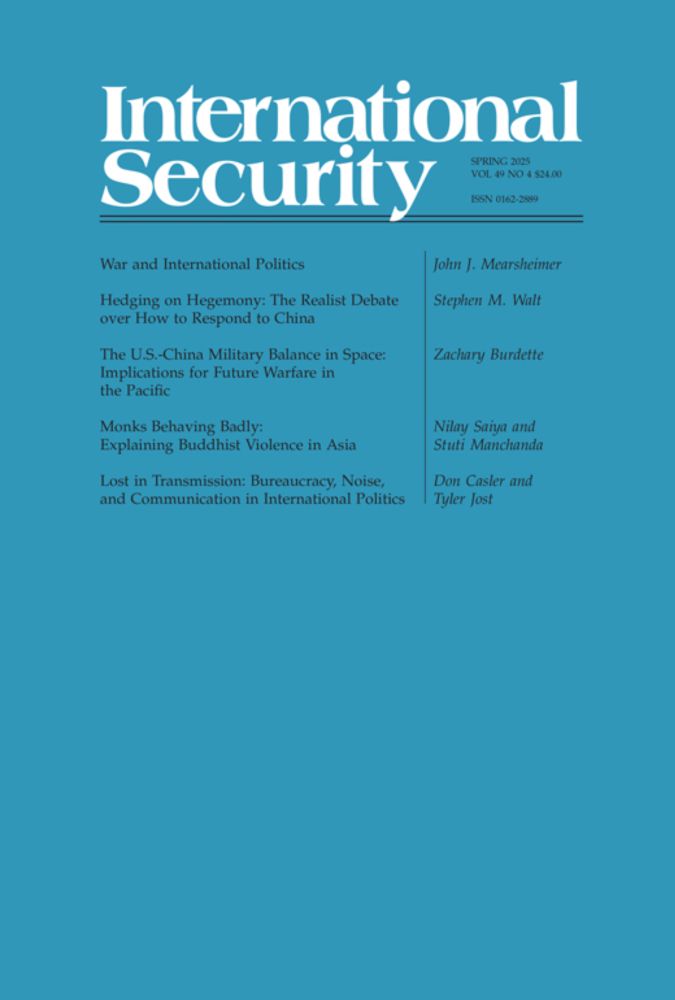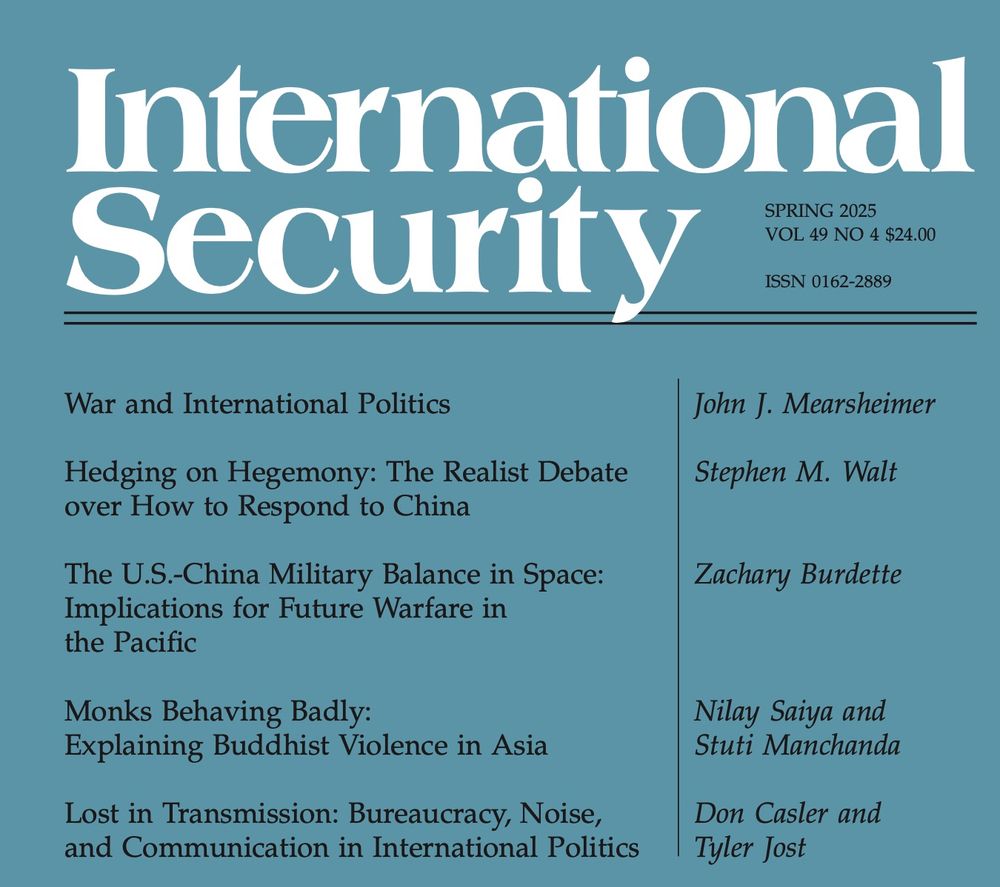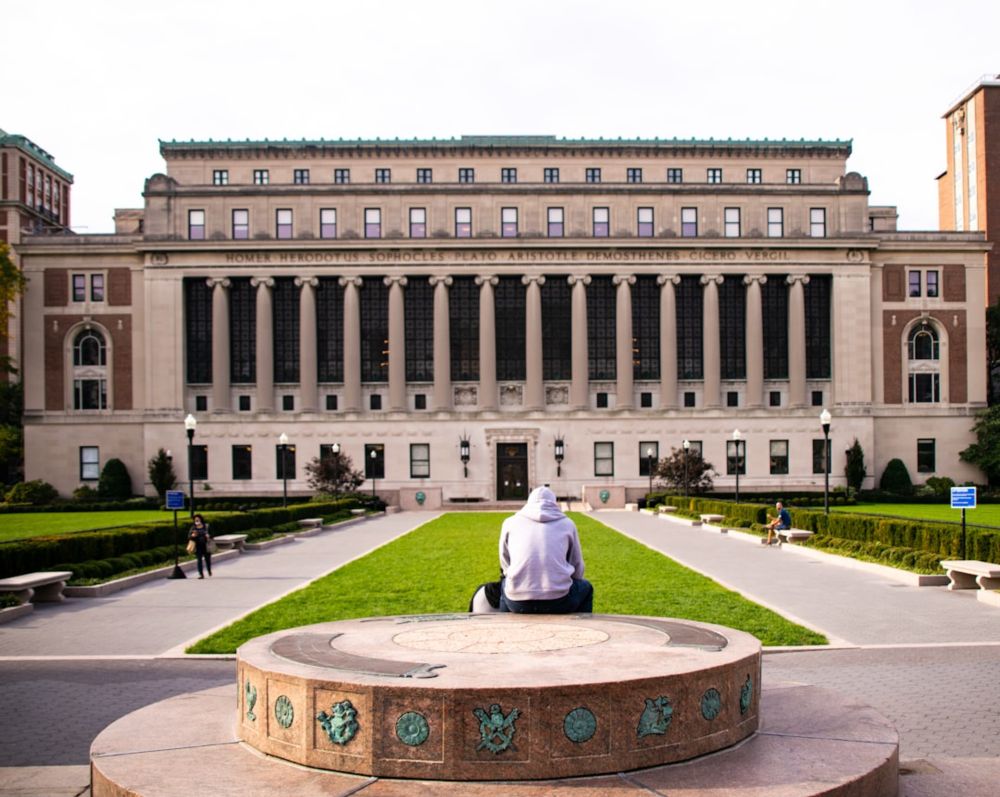Don Casler
@doncasler.bsky.social
330 followers
250 following
20 posts
Assistant professor of political science @University of Illinois at Urbana-Champaign | Former fellow @WatsonInstitute, @ND_ISC | IR, bureaucracies, political psychology, public opinion | @Columbia PhD | @Dartmouth '14
Posts
Media
Videos
Starter Packs
Don Casler
@doncasler.bsky.social
· May 14
Don Casler
@doncasler.bsky.social
· May 14
Don Casler
@doncasler.bsky.social
· May 14
Don Casler
@doncasler.bsky.social
· May 14
Don Casler
@doncasler.bsky.social
· May 14
Don Casler
@doncasler.bsky.social
· May 14
Don Casler
@doncasler.bsky.social
· May 14
Don Casler
@doncasler.bsky.social
· May 14
Don Casler
@doncasler.bsky.social
· May 14
Don Casler
@doncasler.bsky.social
· May 14

Perception and Misperception in International Politics
Since its original publication in 1976, Perception and Misperception in International Politics has become a landmark book in its field, hailed by the New York Times as "the seminal statement of princi...
books.google.com
Don Casler
@doncasler.bsky.social
· May 14

The Personal Touch: Leaders’ Impressions, Costly Signaling, and Assessments of Sincerity in International Affairs1
Abstract. What counts as evidence that the other side is sincere? Within mainstream international relations literature, scholars have focused on costly sig
academic.oup.com
Don Casler
@doncasler.bsky.social
· May 14
Reposted by Don Casler
Reposted by Don Casler
Reposted by Don Casler
Don Casler
@doncasler.bsky.social
· Mar 4
Ricky Clark
@rickyclark.bsky.social
· Nov 26

Trade Rage: Audience Costs and International Trade - Don Casler, Richard Clark, 2021
Politicians frequently issue public threats to manipulate tariffs but only sometimes follow through. This behavior theoretically ought to generate audience cost...
journals.sagepub.com
Reposted by Don Casler
Reposted by Don Casler
Ricky Clark
@rickyclark.bsky.social
· Feb 11
Reposted by Don Casler
Ricky Clark
@rickyclark.bsky.social
· Nov 26

Trade Rage: Audience Costs and International Trade - Don Casler, Richard Clark, 2021
Politicians frequently issue public threats to manipulate tariffs but only sometimes follow through. This behavior theoretically ought to generate audience cost...
journals.sagepub.com
Don Casler
@doncasler.bsky.social
· Oct 2
Don Casler
@doncasler.bsky.social
· Aug 23
